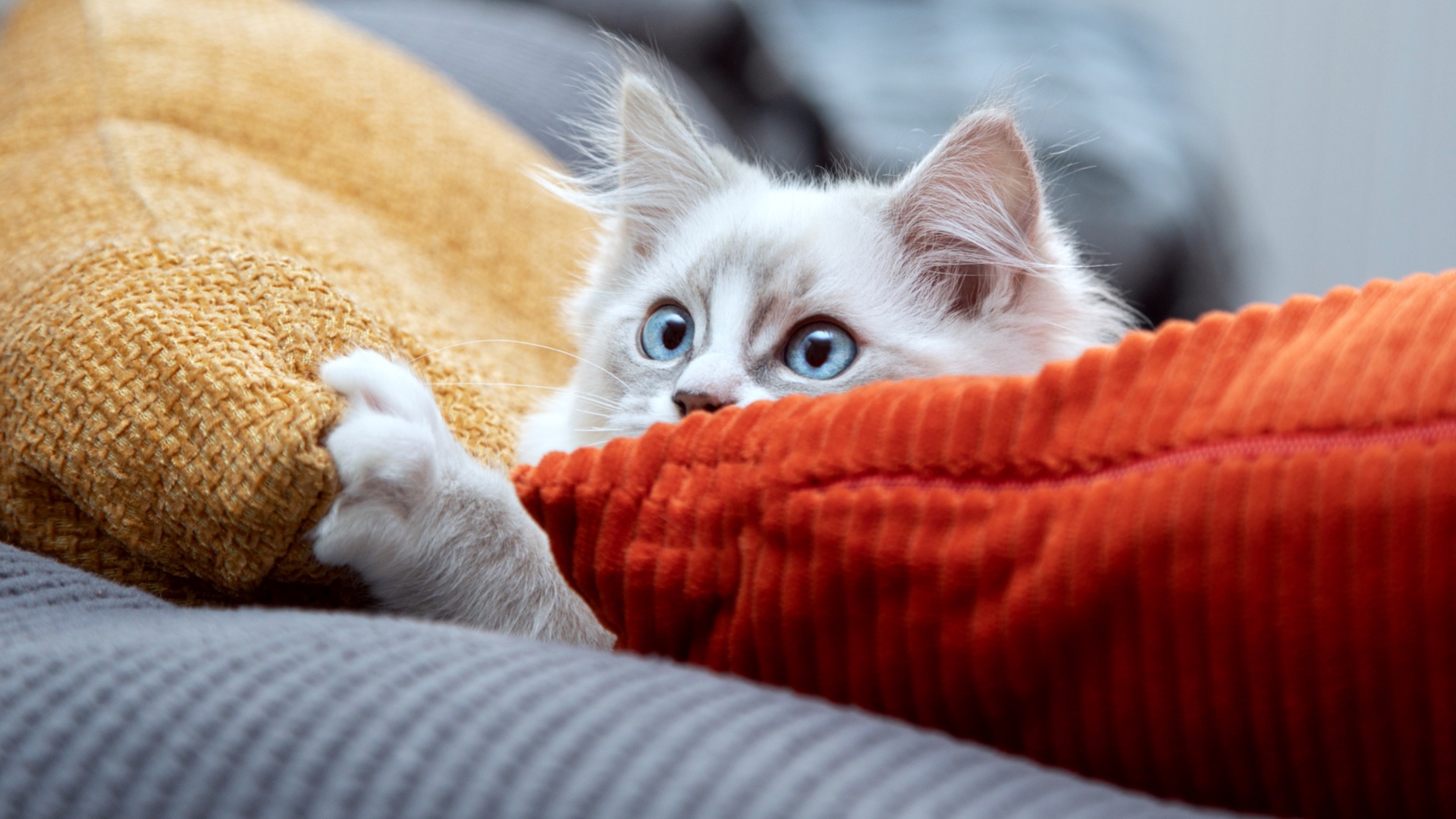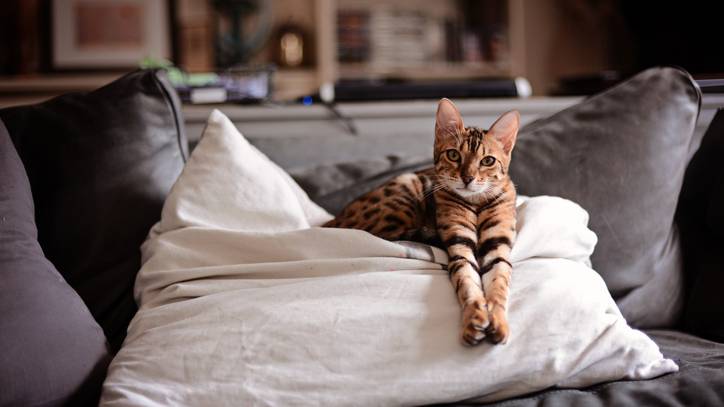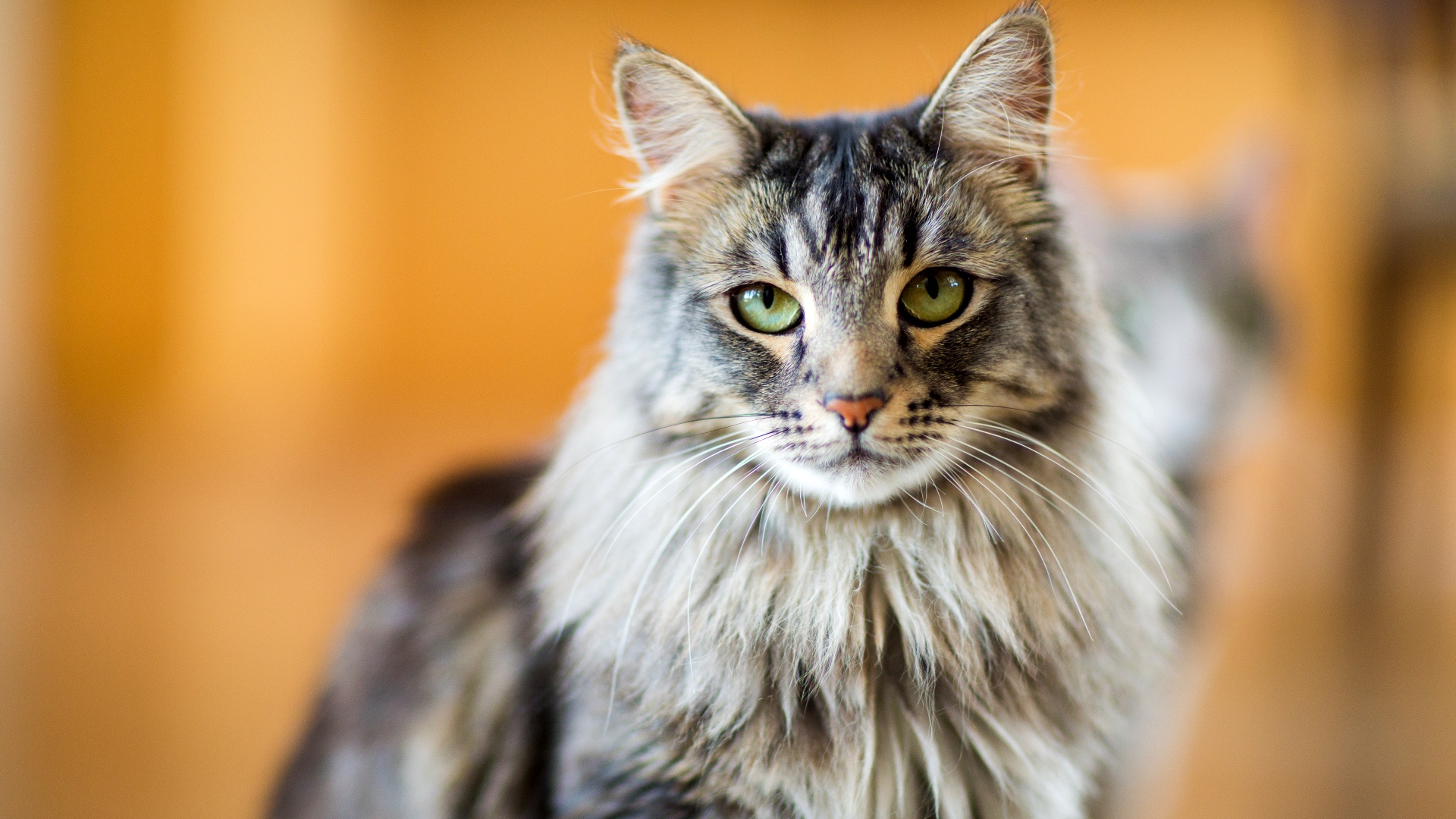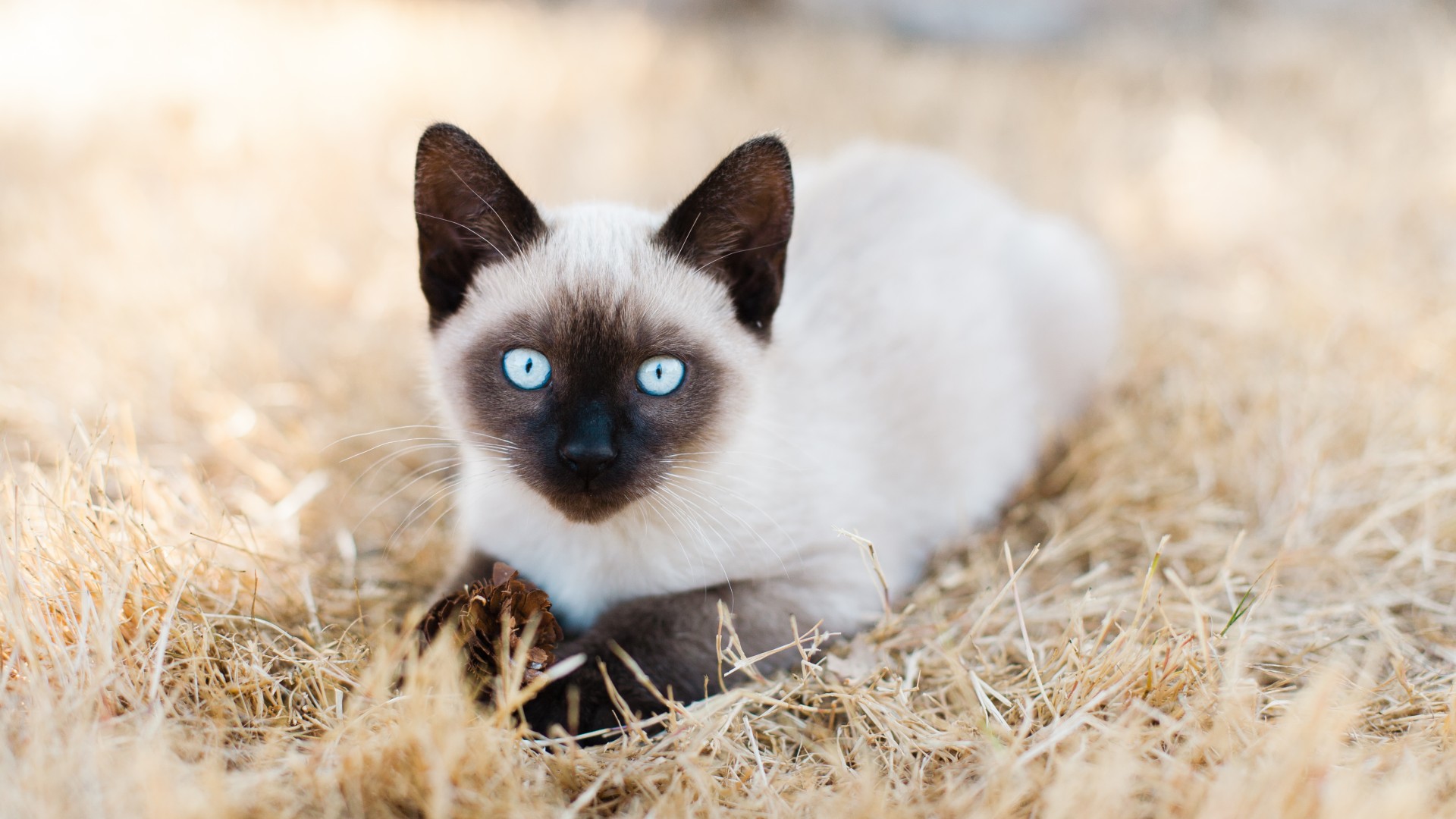What breed is my cat? A vet reveals how to identify different feline breeds
If you’ve been wondering; what breed is my cat you’re probably not alone. Cat breeds are less discussed than dog breeds and also lesser known.

Get the best advice, tips and top tech for your beloved Pets
You are now subscribed
Your newsletter sign-up was successful
What breed is my cat is not a silly question to ask. It’s actually something many cat owners wish to know. Lots of kitties are rehomed via rescue centers or people take in stray cats and identifying the breed of your new friend can be tricky. From moggies to a vast range of pedigree cats there are endless options. The most popular dog breeds are far more common knowledge and talked about more, even if you are not a dog owner you are likely aware of numerous dog breeds but cats less so. Especially when many cats may look the same but are actually different breeds in their own right.
Knowing your cat’s breed isn’t necessary information for you to know, you will enjoy their companionship regardless but it does help you to understand their specific needs. Each breed also has its nuances, issues they may be prone to, and quirky personality traits. Understanding these facts makes your relationship with your cat all the richer.
Some cats love best cat toys for example others are food-driven. Some are more prone to dental problems or weight gain whilst others are athletic. Interested to know how to identify your cat’s breed? Here, vet Dr. Elizabeth Racine explains all.

Dr Hannah Godfrey is a small animal vet who graduated from the Royal Veterinary College in 2011 and began work straight away at a busy mixed practice. Initially, she treated all species, but focussed on small animals from 2014. She has a passion for soft tissue surgery, ultrasound, and canine and feline dentistry, having completed additional training in these areas.
Identifying breed using physical traits
Cats come in all shapes and sizes, but certain aspects of their appearance can give you clues about what breed they might be. The shape of their face, size of their ears, their coloring, coat length, and their general build are particularly useful physical traits when it comes to identifying your cat’s breed.
Coat color and pattern
Different breeds have different coat colors and patterns. For instance, a Bengal can be spotted or marbled.

Some cat breeds, including Siamese, Exotic Shorthairs, Ragdolls, and British Shorthairs, are color pointed. Their paws, face, ears, and tail are a different shade to their body. The colours of their points can vary from shades of grey or brown to red and lilac.

Size
Some cat breeds, like the Norwegian Forest Cat and Maine Coon, are larger compared to other breeds. So, if your cat has a lean, muscular build, an angular face, dark brown points, and large ears, it’s likely to be a Siamese. Whereas if your cat is a large build and has a long coat, square jaw, and large ears with little tufts of hair on them, it’s probably a Maine Coon.
Get the best advice, tips and top tech for your beloved Pets

Mixed breeds
If you have a mixed breed, you might expect it to look like a mixture of its parents’ breeds. However, kittens don’t always look like their parents. In fact, it’s not uncommon to have a litter of kittens where no two kittens are the same! So, you probably won’t be able to use appearance alone to determine which breeds contribute to your mixed breed cat.
Breed clues from your cat’s behavior
Cats are all individuals, so although different breeds have different personality attributes, it’s not a reliable way to determine your cat’s breed. Even so, certain behaviors and personality types might make a particular breed more likely.
For instance, there’s no mistaking the unique sound of a Siamese cat’s meow! Similarly, Ragdolls were given their name for good reason – their tolerant temperament and cuddly nature make them great snuggle buddies.

At-home tools for cat breed identification
Apps
If you’re keen to have a go at working out what breed your cat is, you might decide to try an app. There are a few apps available that claim to be able to identify your cat’s breed. Of course, it’s easier for them to identify a pedigree cat breed. But they’re also able to make some suggestions about which breeds make up your mixed breed cat.
One of the most positively reviewed apps is Cat Scanner, by Silawu Software. It allows you to use your IOS or Android smartphone to have some fun and help you answer the question ‘what breed is my cat?’ Remember, though, there are limitations to any breed identification app, and the answers are not guaranteed to be reliable.
Online quizzes
There are a few online quizzes out there for finding out what breed your cat is. However, these are only really good at identifying pure breed cats. Most are meant as a fun pastime rather than being particularly reliable.
After all, a quiz meant to identify your mixed breed cat would have to have so many questions and possible answers that it would be near impossible. That doesn’t mean you can’t have fun finding out which cat breed your cat shares traits with. You can even find out which cat breed is most like you!
DNA testing
The most reliable and accurate way to find out more about your cat’s ancestry is to do a genetic test. A DNA test usually involves taking a cheek swab from your cat. Occasionally a test might require a blood sample, in which case you’ll need the help of your veterinarian.
The strange thing is, although cats of different breeds can look completely different, they actually share most of the same genes. This means that genetic testing doesn’t usually give you a list of exact breeds. However, it can still give you some interesting information about your cat companion.
DNA testing can give you an idea of which part of the world your cat’s ancestors originated in. It can also be used to determine if your cat has any gene markers for specific health conditions. However, if your cat’s DNA test result shows that they have a gene marker for a health condition, that doesn’t mean your cat will definitely develop the condition, so there’s no need to panic.
Wouldn’t it be interesting to find out exactly which cat breeds your cat has in their ancestry? Sadly, none of the methods above are 100% accurate – even genetic testing only claims to be 95% accurate. As long as you accept that you need to take the results with a pinch of salt, you can find out some interesting information about your feline friend and have some fun at the same time!
Fancy reading more about your feline pet? Our writers have the answers to a whole host of kitty queries like why do cats have whiskers, is wet food bad for cats and so much more.
Dr Hannah Godfrey is a small animal vet who graduated from the Royal Veterinary College in 2011 and began work straight away at a busy mixed practice. Initially, she treated all species, but focussed on small animals from 2014. She has a passion for soft tissue surgery, ultrasound, and canine and feline dentistry, having completed additional training in these areas.
